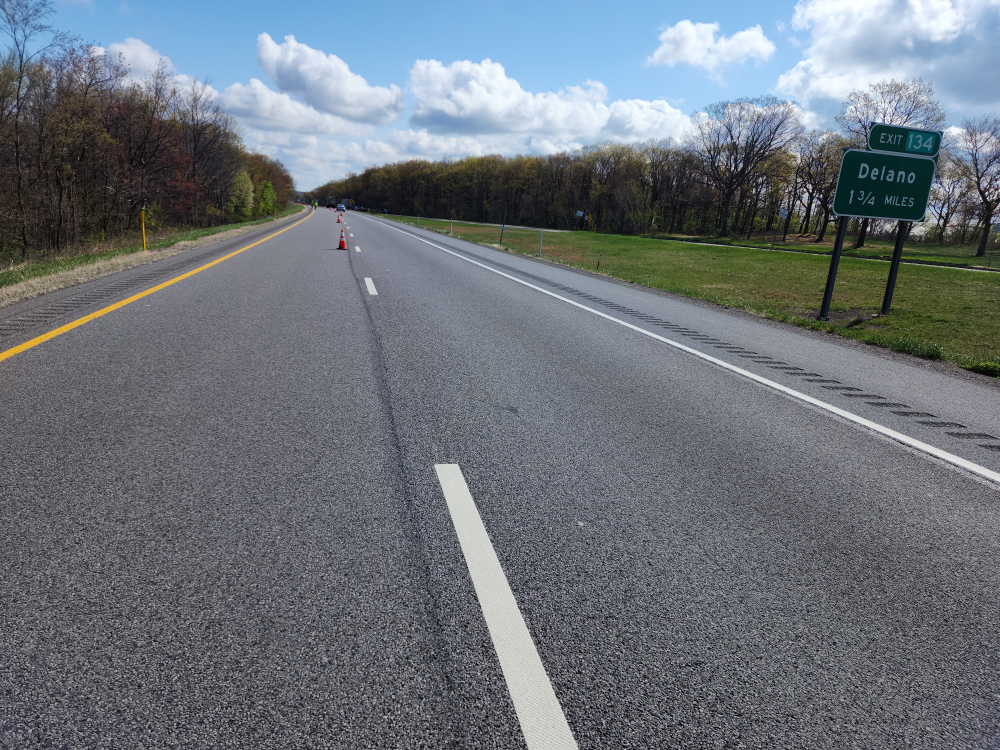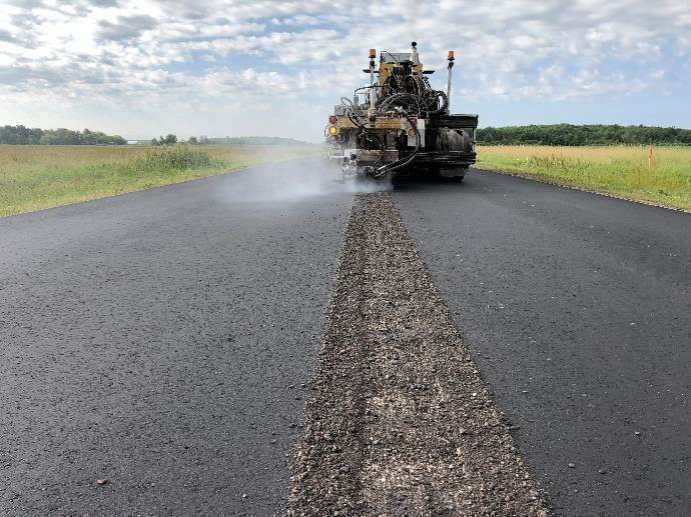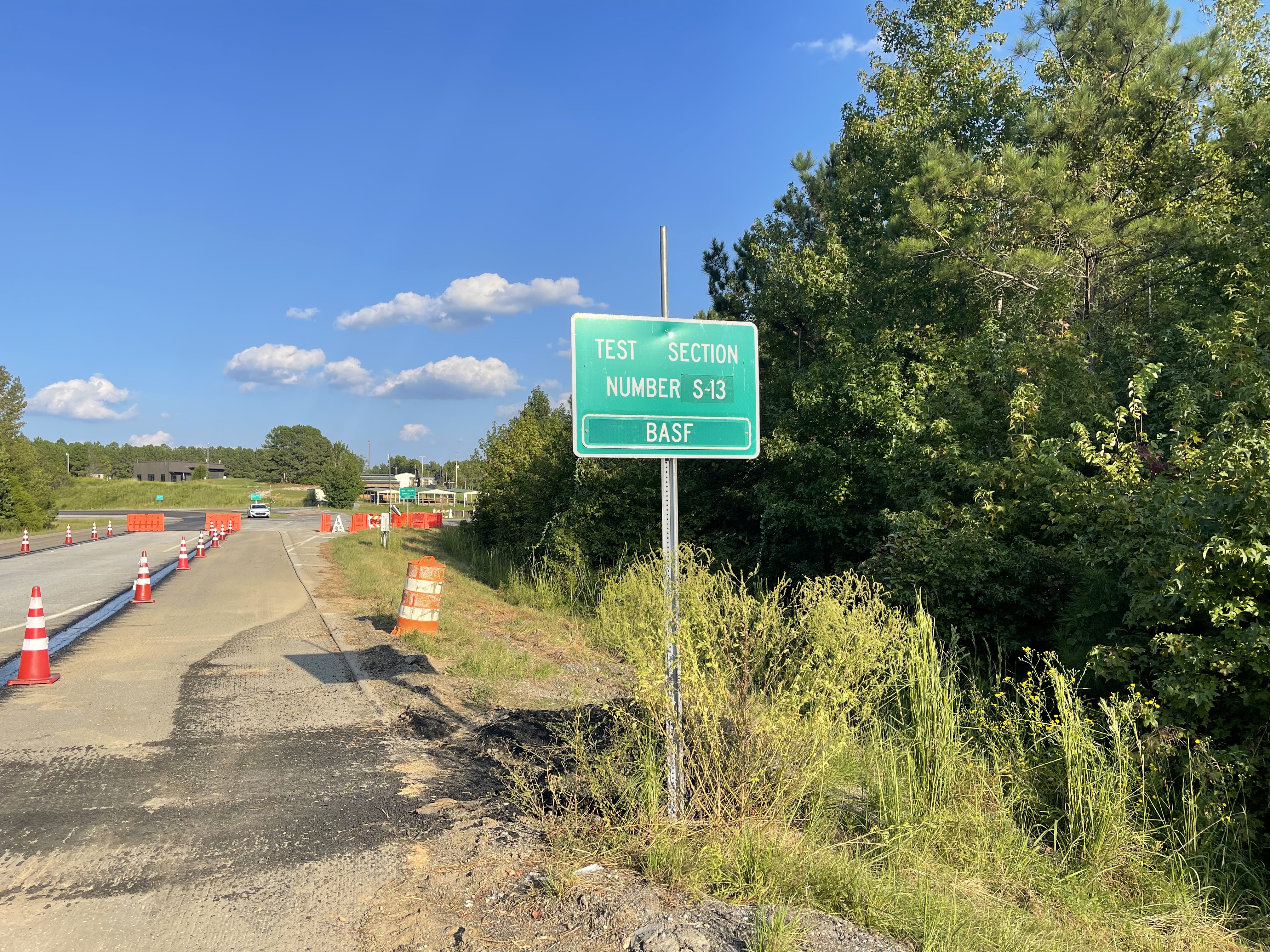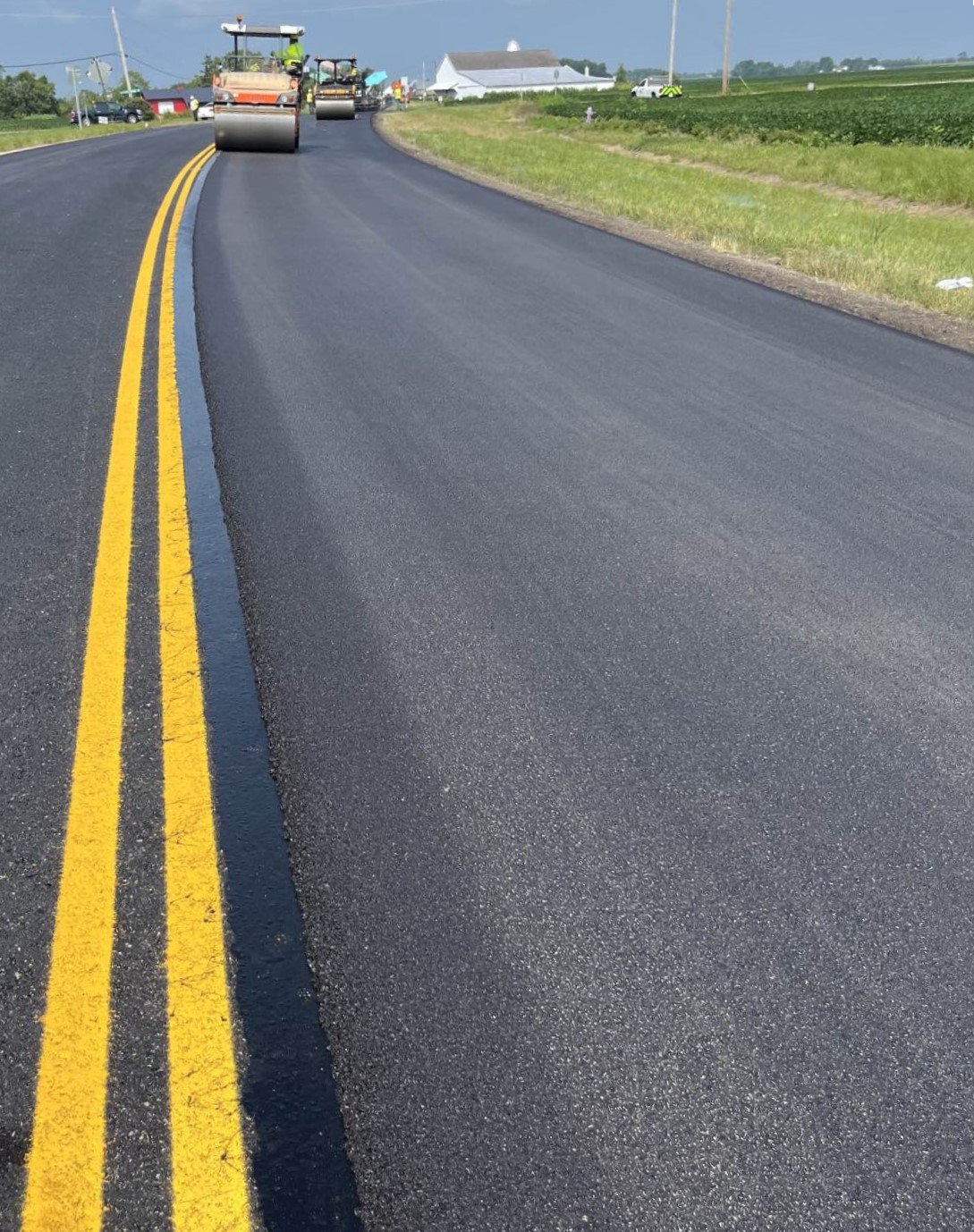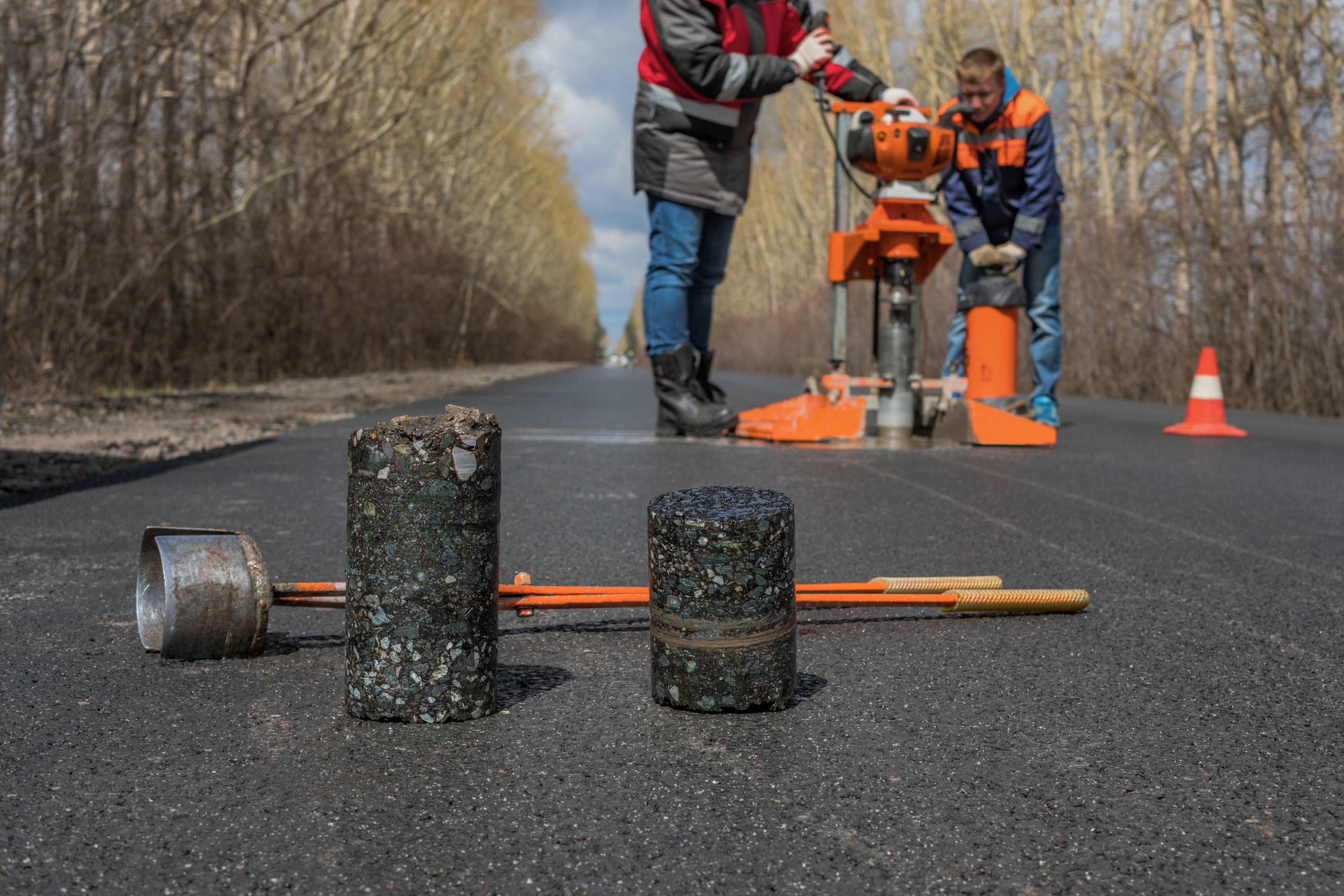Rumble strips play a critical role in keeping drivers alert and roadways safe. However, they are typically constructed over or near longitudinal joints, the part of the pavement that is already vulnerable to water intrusion and early deterioration. To reinforce rumble strips, their pavement foundation—the longitudinal joint area—needs to be...

